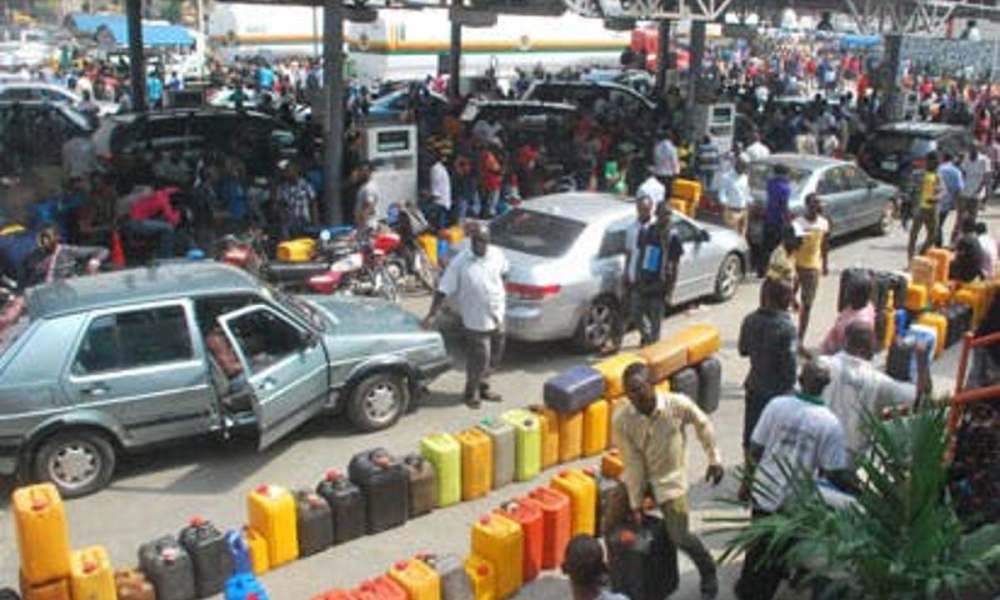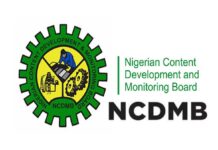The Major Oil Marketers Association of Nigeria (MOMAN) has decried the continuation of petrol subsidy, saying it has effectively affected industry players to deal with the current local energy crisis.
MOMAN stated this in a statement yesterday, during an online workshop for energy reporters, which centred on the need for deregulation of petrol pricing and the discontinuation of subsidy to encourage investments and competition in the downstream petroleum subsector.
This was just as the Petroleum Products Retail Outlets Owners Association of Nigeria (PETROAN) yesterday stated that the recent ultimatum given to petroleum marketers would not have any impact until the security agencies get to the root of the problem.
In the statement jointly signed by the Chairman of MOMAN, Mr. Olumide Adeosun and the Executive Secretary, Mr. Clement Isong, the oil marketers noted that a disruption in any part of the supply chain causes ripple effects and results in queues at filling stations.
The association added that Nigeria must begin the process of price deregulation to reduce the inefficient subsidy payment on petrol, arguing that if the country wished to implement a subsidy, it must be in areas targeted to help critical sectors of the economy like agriculture and transportation.
“Having subsidised PMS for so long, Nigerian institutions now have a diminished capacity to deal with the current local energy crisis. A disruption in any part of the supply chain causes ripple effects and results in queues at stations.
“As a country, we must begin the process of price deregulation to reduce this inefficient subsidy. If the country wishes to implement a subsidy, it must be in areas targeted to help those it should help such as in agriculture and transportation to reduce food price inflation and generate more jobs for Nigerians.
“In tandem, we must find a way to liberalise supply. We must bring transparency and competition into supply to ensure steadier, more efficient supply at optimum prices.
“Imported products must compete with locally refined products to find a meeting point between the need for local refining and competitively low but cost recovered prices for Nigerians for sustainability,” MOMAN stated.
It said the dialogue with the Nigerian people needed to begin to identify, negotiate and agree those areas and begin implementation to save the downstream industry, which it pointed out had been in, “degradation freefall due to a lack of investment to maintain, renew and grow assets and facilities such as refineries, pipelines, depots, trucks, and modern filling stations.
“These lack of investments contribute in no small measure to fuel distribution inefficiencies and high costs. Neither the new refineries nor the refurbished refineries will survive with the refining margins at current pump prices,” it added.













